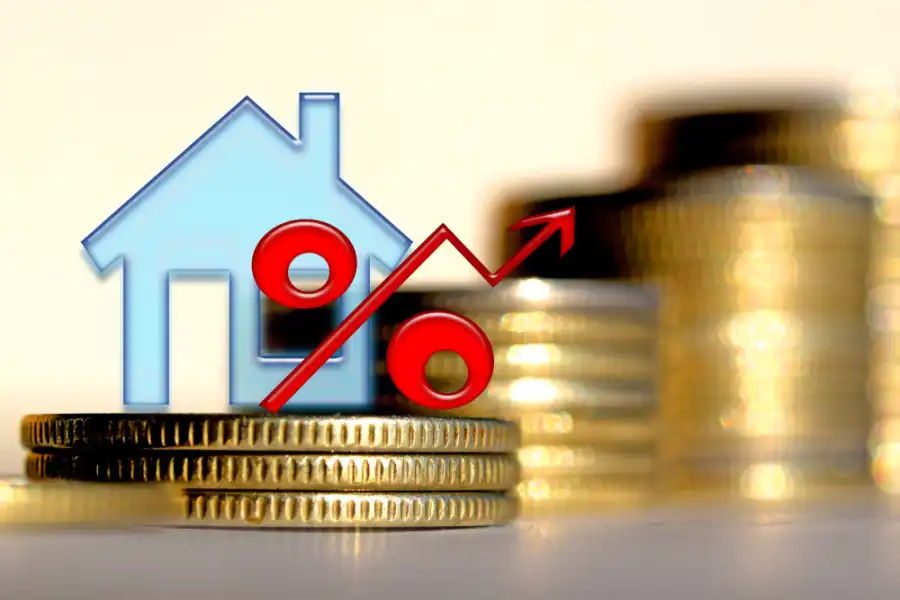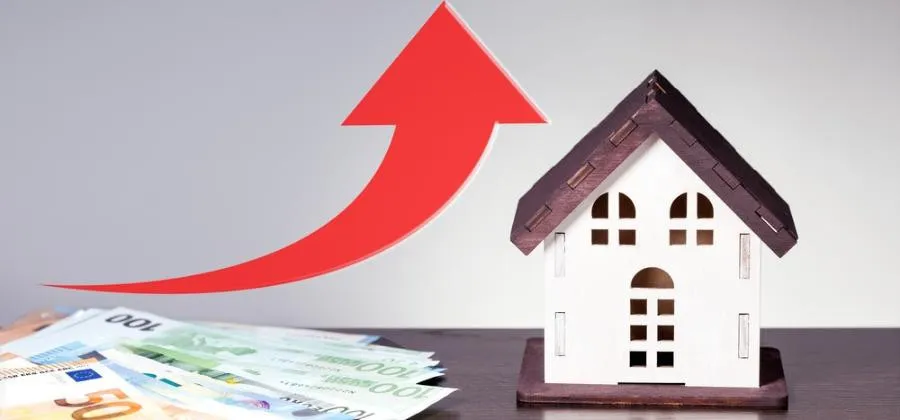
Mortgage credit: Implicit interest rate decreases again in January.
Reduction in rates reflects in lower monthly installments for newer contracts.

Reduction in rates reflects in lower monthly installments for newer contracts.

When buying a house through a bank loan, you may be faced with complex mortgage credit language. Such as the acronyms related to interest rates, APR and APR. So, what do they mean and what do they represent?

With the rise in interest rates, the difficulty in paying the monthly mortgage payments is greater. Therefore, it is important to look for saving solutions in credit, such as transferring it. Find out how this process works, and if it has costs.

The interest rate you choose for your home loan has a direct impact on the amount you will pay for the monthly installment. You can choose between a fixed, variable, or mixed rate. But what does each concept mean, how does it work, and how does it impact the loan?

Are you going to apply for a mortgage to buy your home? Know that, throughout the process, you may come across expressions that can be confusing. We have prepared a glossary about mortgage credit to help you know everything.

Are you going to hire a housing loan and came across the concept of spread? This is one of the rates associated with this loan and can vary depending on some aspects. Learn how spread works so that you have a rate tailored to your portfolio.

The fees associated with home loans depend mainly on the chosen interest rate type. Therefore, let's see what types of rates exist, the impact of each, and where you can analyze the cost of interest in the credit proposal.

Are you considering options to lower your monthly mortgage payment? Fixing the interest rate may be a solution. Let's see in this article what it means to fix the mortgage rate, how to do it, and what the impact is.

Has Euribor been your worst nightmare? If you have a housing loan with a variable rate, this rate has been the reason your monthly installment has increased. We will explain why, below.

The European Central Bank (ECB) has announced a new increase in interest rates, which also leads to an increase in Euribor rates at various maturities. Therefore, Portuguese people with variable interest rates on their home loans will once again see their monthly payments increase. So, what options can we take to lower the amount to be paid for the home loan?

At the annual meetings of the International Monetary Fund (IMF) and the World Bank in Marrakech, Morocco, the chief economist predicted the continuation of high interest rates, which could "push the poorest countries into bankruptcy". But what to do in the face of the continuous rise in interest rates, if you have a home loan?

So that the Portuguese can save on their housing loans, the Government has announced support measures for mortgage financing. One of them is the interest rate subsidy and it has now been announced that it will be retroactive to January. Let's see how this measure will work and what other options exist to save on your housing loan.

One of the most common questions that arises after taking out a loan is whether you can take out another for a different project. For example, a house and a car are usually among the most important projects, and many need financing to acquire both. But how can you know if you have the financial capacity for both?

For the first time in over a year, the European Central Bank (ECB) decided to pause the rise in interest rates, keeping the values unchanged. According to João Lemos, Director of Savings Operations at Poupança no Minuto, this could be "the right moment to secure better conditions in housing credit".

The Euribor rates have risen again in October, which will now be reflected in the monthly installments of Portuguese home loans. See how much it can increase and learn a way to avoid the hike.